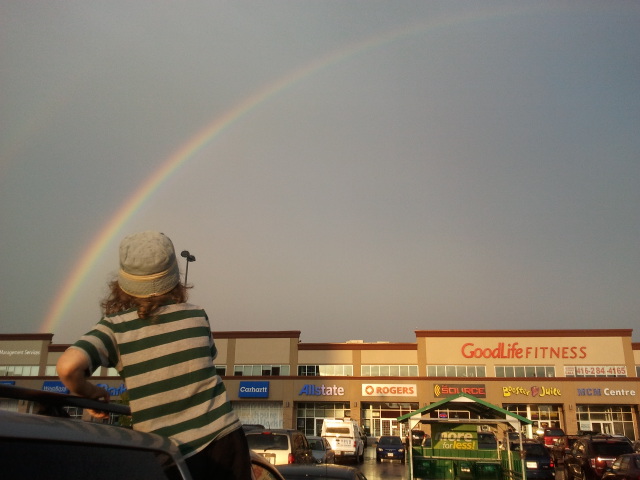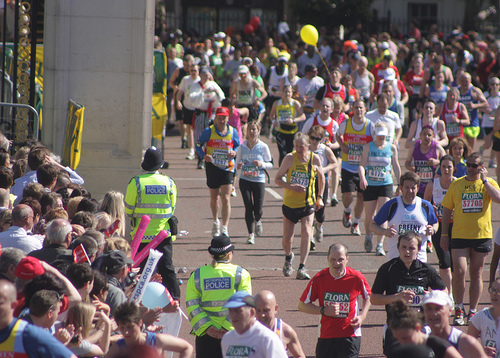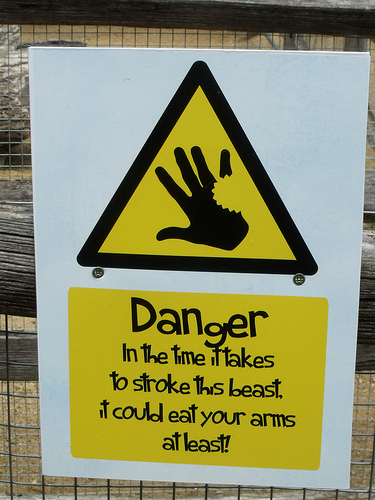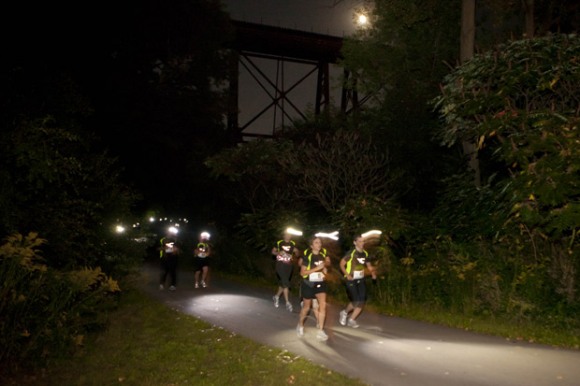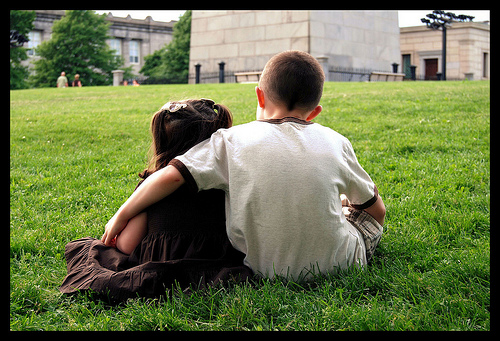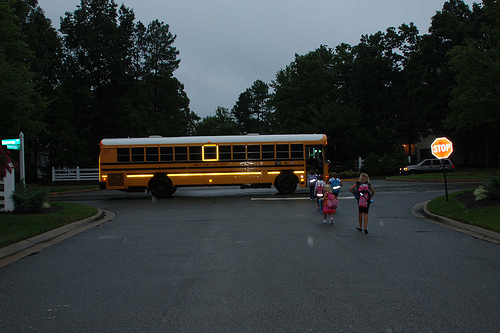Yesterday I had the opportunity to attend an event called Social Media Masters. It was a one-day conference featuring experts from all over North America, who gave presentations about how businesses and entrepreneurs can effectively use social media. I went in my capacity as a freelance writer, to see if I could learn how to leverage tools like Facebook and Twitter, not only for myself, but for clients.
The sessions did not disappoint. Some of them were geared more to large corporations than to individuals trying to make it on their own, but I learned from all of the presentations and exchanged contact information with some people who could play a pivotal role in the realization of some of my goals.
Interestingly, the refreshment and lunch breaks provided just as much of an education as the sessions themselves did. I found myself talking to all kinds of people about how they use and monitor social media. These breaks provided a fertile ground for the exchange of ideas.
At one point, I was sitting drinking my coffee, listening to the conversation around me but not actively participating in it. It became clear to me, from the snippets of conversation that I was hearing, that there is a definite pecking order in the blogging world. I have been vaguely aware of this before, and I have in fact read blog posts addressing the subject, but I had not really appreciated just how cutthroat the blogging world can be.
At the top of pile you get the “big” bloggers, the ones who attract thousands of visitors a day, and whose posts generate hundreds of comments. At the bottom are the new bloggers who are trying desperately to gain some kind of following. They religiously comment on other blogs and they tweet like crazy in order to drive traffic their way. And somewhere in the middle are the bloggers who have been at it for a while. They have a few subscribers and most of their posts will generate a handful of comments. But try as they might, they just cannot seem to hit the blogging big time.
Many of these bloggers are perfectly content to stay where they are. Perhaps they feel that a huge following would put them under pressure to cater to what the blogosphere masses want instead of being true to themselves. Or maybe they just don’t have the time to read and respond to hundreds of comments.
For those who are trying to make it big, though, the road can be tough. The blogging world can be an incredibly cliquey place, kind of like high school. If you’re a big fish, you hang around with the other big fish, and the circle is so tight that it’s virtually impossible for the not-so-big-fish to break into the ranks.
This is not intended as an indictment against the big fish – I know several of them and like them a great deal. I am simply stating a reality of human nature. We tend to spend our time in circles of people we have something in common with. The more common grounds there are, the stronger the circle.
So where do I fit in with all of this? I am a not a big fish, not by any means, but I am not a baby fish either. I am a medium-sized fish. I put up a blog post three or four times a week. I have some subscribers, and many people follow my blog through social media. I get several hundred hits a month and most of my posts generate comments. A decent number of them gets shared or retweeted. Sometimes a blog post will earn me a new subscriber or a new follower on Twitter.
I am content to be where I am in the blogging world. I feel that my blog and my online presence are growing at just the right pace. I care about my readership and I want to continue to create content that engages people.
This blog is mostly about parenting, autism and running. But from time to time – like today – a different topic will grab my interest. I am very fortunate to have a forum where I am free to talk about the things that are important to me.
I am grateful to everyone who takes the time to visit my little kingdom to read what I have to say.






